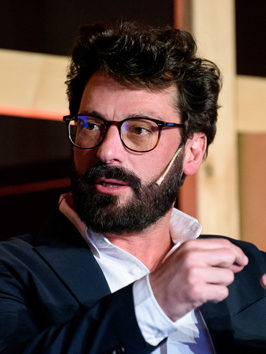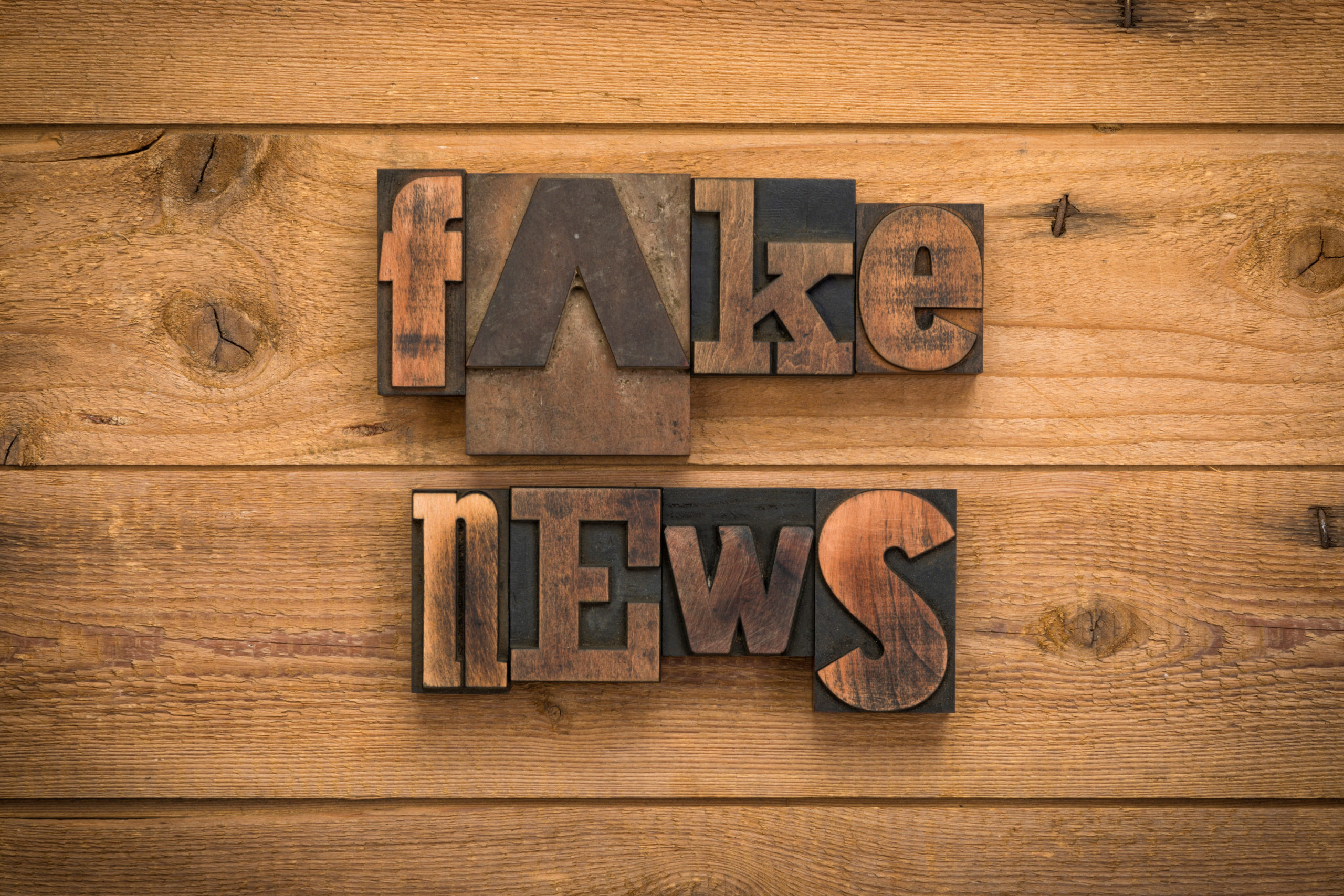Marc Amorós, journalist and audiovisual creative
Disinformation is an earthquake the magnitude of which can destabilize a society that constantly wonders if there’s truth in so many lies. We live in the era of fake news, a period in which unscrupulous professionals with many economic and ideological interests manipulate news to feed hatred, polarize society and plant the seeds of distrust and disbelief. These professionals make up a disinformation industry capable of eroding democracy, undermining trust in the news, and manipulating our opinion thus impacting our decision-making.
Let’s look at two examples. In the Philippines, a decade of a systematic disinformation campaign to build an alternative narrative in favour of Ferdinand Bongbong Marcos – the son of the dictator who for 21 years run an autocratic and corrupt regime with complete disregard for human rights. Who murdered more than 3.200 people, imprisoned more than 70,000 and plunged the Filipino population into misery while he and his family enriched themselves. Who doesn’t remember Imelda’s 3.000 shoes? The relentless disinformation campaign created a false nostalgia for the dictatorship in voters who still were not born at the time, whitewashed and improved the image of the Marcos family, massacred political opponents based on fake news and boosted BongBong Marcos to the presidency with 58% of the votes.

In January 2022, 70% of Republican voters in the United States still believed that there was fraud in the election lost by Trump in 2020. His disinformation allowed him to establish himself as a victim instead of a loser and encouraged a citizen assault on the Capitol putting in check the largest democracy in the world in the name of an intentional falsehood.
Misinformation is never harmless and ruins our lives. In Europe, 76% of people believe that the proliferation of fake news is a danger to democracy and as do eight out of ten people in Spain. At the end of her book on fascism, Madeleine Albright asks a series of questions in order to discern between leaders and filo-fascists. Let’s apply those questions to fake news. “Do they try to exploit our prejudices by saying that people who do not belong to our ethnicity, race, party or religion are not worthy of respect?” Fake news do. “Do they want to fuel our outrage at those we believe have done something wrong to us, stoking our grievances and our eagerness for revenge?” Fake news do. “Do they encourage us to despise government institutions and the electoral process?” Fake news do. “Are they trying to undermine our confidence in such important principles to democracy as the free press and independent judges?” Yes, fake news do, constantly.
Journalist and Nobel Peace laureate Maria Ressa affirms that “attacking journalism is attacking democracy because fake news attack facts, and without facts there is no truth”. The South Korean philosopher Byung-Chul Hang goes further and argues that truth holds society together and “when ideology disguises as truth, democracy gives way to totalitarianism.” Currently, fake news oozes ideology because, so Hang, “it is used as a means to achieve power” by making claims that are unrelated to the facts. Alarms go off, according to Hang, when a society loses the will to find the truth and undermines the distinction between the latter and lies. When this happens “informational lies replace the real world with fiction, through supposed facts based on emotions and convictions and, when these dominate the political debate, democracy itself is in danger.”
“Trust disappears without truth,” says Ressa. A misinformed society is a disoriented, distrustful and fragmented society in which information circulates disconnected from reality and belief in facts is lost. We obviously have more information than ever but the paradox is that the more different information we receive, the greater the distrust. Only 16% of people in the US trust newspapers and just 11% trust television news. These are the worst figures in 50 years. Hang argues that, while we have more information than ever, “it has lost its guiding capacity.” Fake news is turning us into a society lost and disconnected from the truth and perhaps also from democracy. As Ressa puts it, “it is vital to rebuild trust in the truth of facts, because, without it, there is no shared reality or democracy. And if we do not have integrity of the facts, how can we have integrity in elections?”
Stay up to date about everything
Subscribe to stay up to date with the latest content from Mobile World Capital Barcelona.
